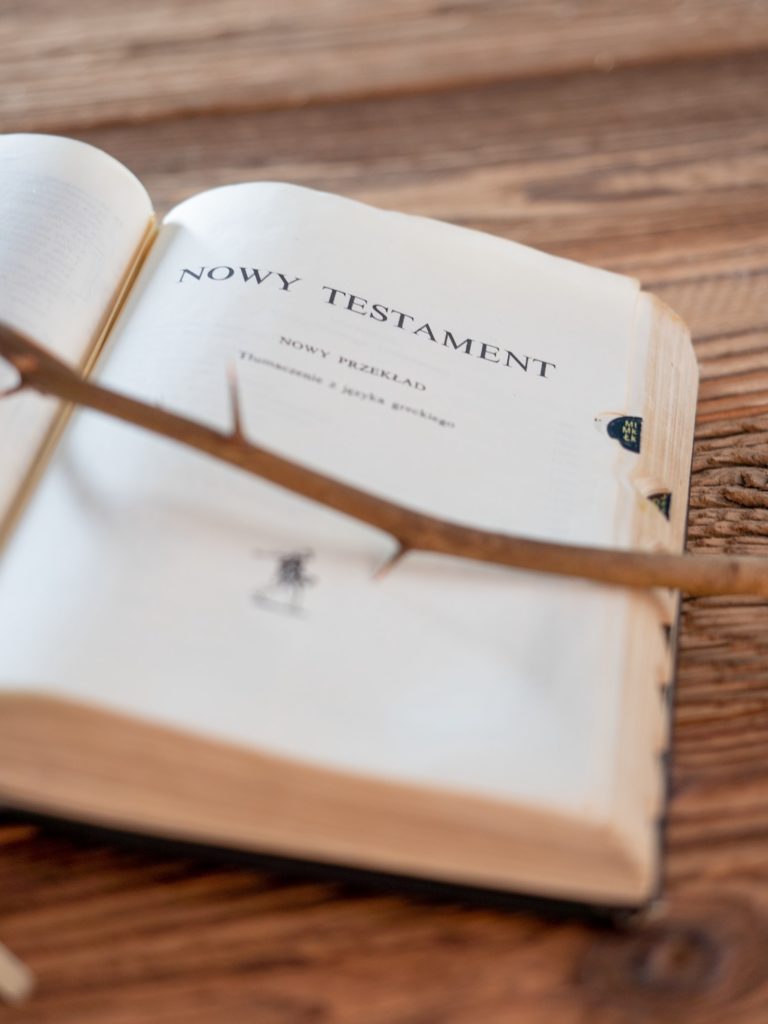Lectio Divina, Latin for “divine reading,” is a spiritual practice that involves reading, reflecting, responding, and resting on a passage of Scripture. It is a way to cultivate a deeper relationship with God by opening ourselves up to His word and listening to what He is saying to us.
Lectio Divina with Jesus’ Life Stories
Jesus’ life is one of the most remarkable stories in human history, as documented in the New Testament of the Bible. His teachings and miracles have influenced countless lives over the centuries, and his legacy continues to inspire people around the world today. From his birth in Bethlehem to his crucifixion and resurrection, Jesus’ life was filled with miraculous events and powerful teachings that have stood the test of time.
During his ministry, Jesus performed many miracles, including healing the sick, feeding the hungry, and even raising the dead. He also taught about love, compassion, forgiveness, and the importance of faith in God. Through parables and stories, he conveyed important lessons about God’s love and the nature of the human soul.

In this post, we will explore 40 Lectio Divina passages from stories of Jesus, drawn from the New Testament. Each passage will provide an opportunity for readers to deepen their understanding of Jesus’ teachings and connect with his message in a more personal and meaningful way.
The Birth of Jesus:
- Luke 2:1-20 – The Birth of Jesus
- Matthew 2:1-12 – The Visit of the Magi
- Luke 2:41-52 – The Boy Jesus at the Temple
The Ministry of Jesus:
- Matthew 3:13-17 – The Baptism of Jesus
- Matthew 4:1-11 – The Temptation of Jesus
- Matthew 5:1-12 – The Beatitudes
- Matthew 5:13-16 – Salt and Light
- Matthew 6:9-15 – The Lord’s Prayer
- Matthew 7:24-27 – The Wise and Foolish Builders
- Matthew 8:23-27 – Jesus Calms the Storm
- Matthew 9:1-8 – Jesus Forgives and Heals a Paralyzed Man
- Matthew 10:5-15 – Sending Out the Twelve Apostles
- Matthew 11:28-30 – Come to Me, All Who Labor and Are Heavy Laden
- Matthew 13:1-9, 18-23 – The Parable of the Sower
- Matthew 14:13-21 – Jesus Feeds the Five Thousand
- Matthew 15:21-28 – The Faith of the Canaanite Woman
- Matthew 16:13-20 – Peter Confesses Jesus as the Christ
- Matthew 17:1-8 – The Transfiguration of Jesus
- Matthew 18:21-35 – The Parable of the Unforgiving Servant
- Matthew 19:16-26 – The Rich Young Man
- Matthew 20:1-16 – The Parable of the Workers in the Vineyard
- Matthew 22:34-40 – The Great Commandment
- Matthew 25:31-46 – The Sheep and the Goats
The Passion of Jesus:
- Matthew 26:1-16 – The Plot to Kill Jesus
- Matthew 26:17-30 – The Last Supper
- Matthew 26:36-46 – Jesus Prays in Gethsemane
- Matthew 26:47-56 – Betrayal and Arrest of Jesus
- Matthew 27:11-26 – Jesus Before Pilate
- Matthew 27:27-31 – Jesus Is Mocked and Beaten
- Matthew 27:32-56 – The Crucifixion of Jesus
- Matthew 27:57-66 – The Burial of Jesus
- Matthew 28:1-10 – The Resurrection of Jesus
- Luke 24:13-35 – The Road to Emmaus
- John 20:1-18 – The Resurrection of Jesus and Mary Magdalene
The Ascension of Jesus:
- Acts 1:1-11 – The Ascension of Jesus

Reflecting on the life of Jesus through Lectio Divina can be a transformative experience. Through meditating on his teachings, miracles, and interactions with others, we can gain a deeper understanding of who Jesus is and how his life can impact our own. By taking the time to engage in this spiritual practice and journaling our thoughts and reflections, we can deepen our relationship with God and grow in our faith.
The stories of Jesus in the New Testament offer us a glimpse into the extraordinary life and teachings of the Son of God. As we study these stories and meditate on them through Lectio Divina, we are reminded of the immense love and grace that Jesus embodies. It is through his life that we can see the very heart of God, and through our reflection and journaling, we can invite that heart into our own lives.
Journaling through Lectio Divina allows us to not only engage with the stories of Jesus, but also to apply his teachings to our own lives. As we reflect on his actions, we can consider how we can live out his love and compassion in our own communities. By practicing this discipline, we can develop a deeper relationship with God and become more fully the people he has called us to be.
So, let us take time to reflect on the life of Jesus and his teachings through the practice of Lectio Divina. Let us embrace the transformative power of his stories and invite his love and grace to guide us on our journey. Through this practice, we can cultivate a closer relationship with God and become more fully the people he has called us to be.


